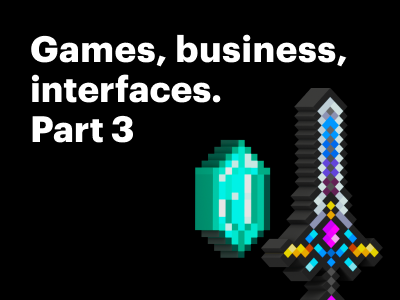12 August 2021
New article: Management as a Game. Part 2
The second part of our new article – Management as a Game – by Alexey Kulakov, CEO at JetStyle, is out now.
This time, we will talk about functional positions — magicians, priests and warriors, how they work together and how the company grows. You will also learn how to understand who is currently in what position.
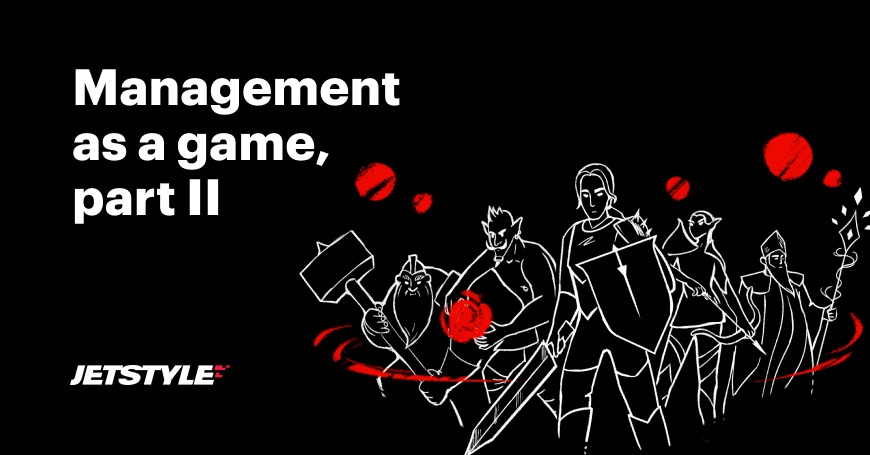
Functional positions
Magicians
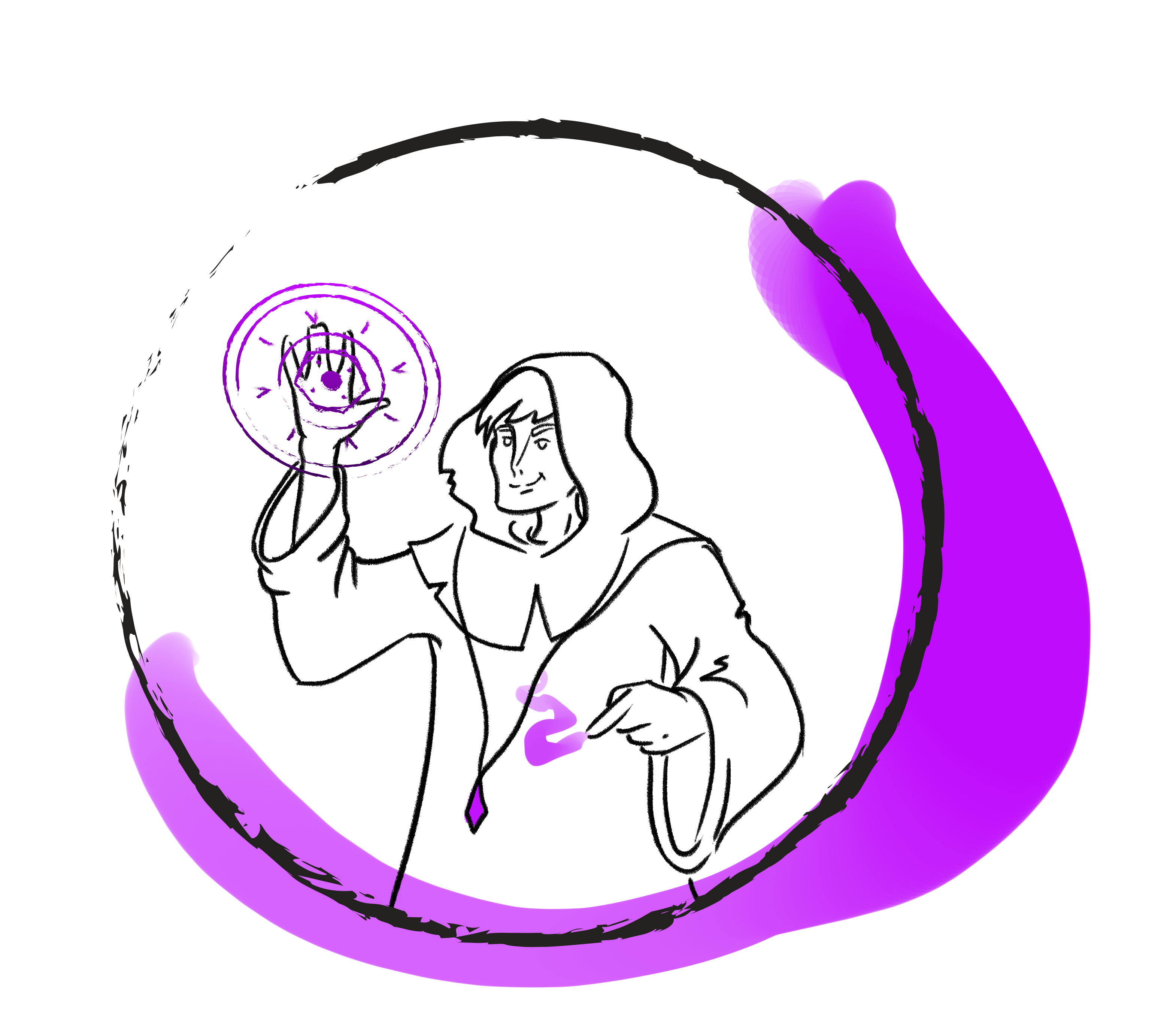
Magicians are the mates, who are the opposite of the dwarves in working with the resource. Magicians are rooting for innovation. So this is what a typical conflict between magicians and dwarves looks like.
Magicians:
“What a great experiment we made! We have wasted a lot of resources, and our hypothesis is disproved. (Engineers know that a disproved hypothesis is a good experiment.) We’ve learned so much! Bloody hell, this is a great discovery!”
And the dwarf is like this:
“Wait a minute. Did I pay 7 million rubles for this great discovery? What the hell is this? I wanted to make money.”
And the magician answers:
“So, you wanted to start a technology company. How do you make an invention in a zone where everything is guaranteed to be known? We need to make a mistake as soon as possible.”
Magicians are in favor of doing something first.
Magicians are about priority. They don’t care if this thing is useful or not. They need to do something first so that all other magicians in the area are like: “Oi-oi-oi-oi, mates, well done, respect.”
Way of making decisions
Testing your ideas and implementing experiments.
Management style
An ongoing experiment. The HADI cycle technique is purely magical. We must squander the resources to learn new things.
The magician’s problem is that he or she will deal with the solution that is more interesting, more innovative, and, in general, “they haven’t done that yet; I was the first to come up with this thing.” The magician does not know how to put an end to a process. Usually, magicians are perfectionists, they will go on and on, because, conducting one experiment, they find a reason for ten more experiments: “I will learn even more than!”
So, it is overall a great combo when you have a dwarf-magician. He or she balances oneself: “I will do the experiment, but its purpose is to benefit us.” This precise combination of ethics and the functional role is the foundation of a new tech company leader.
Priests
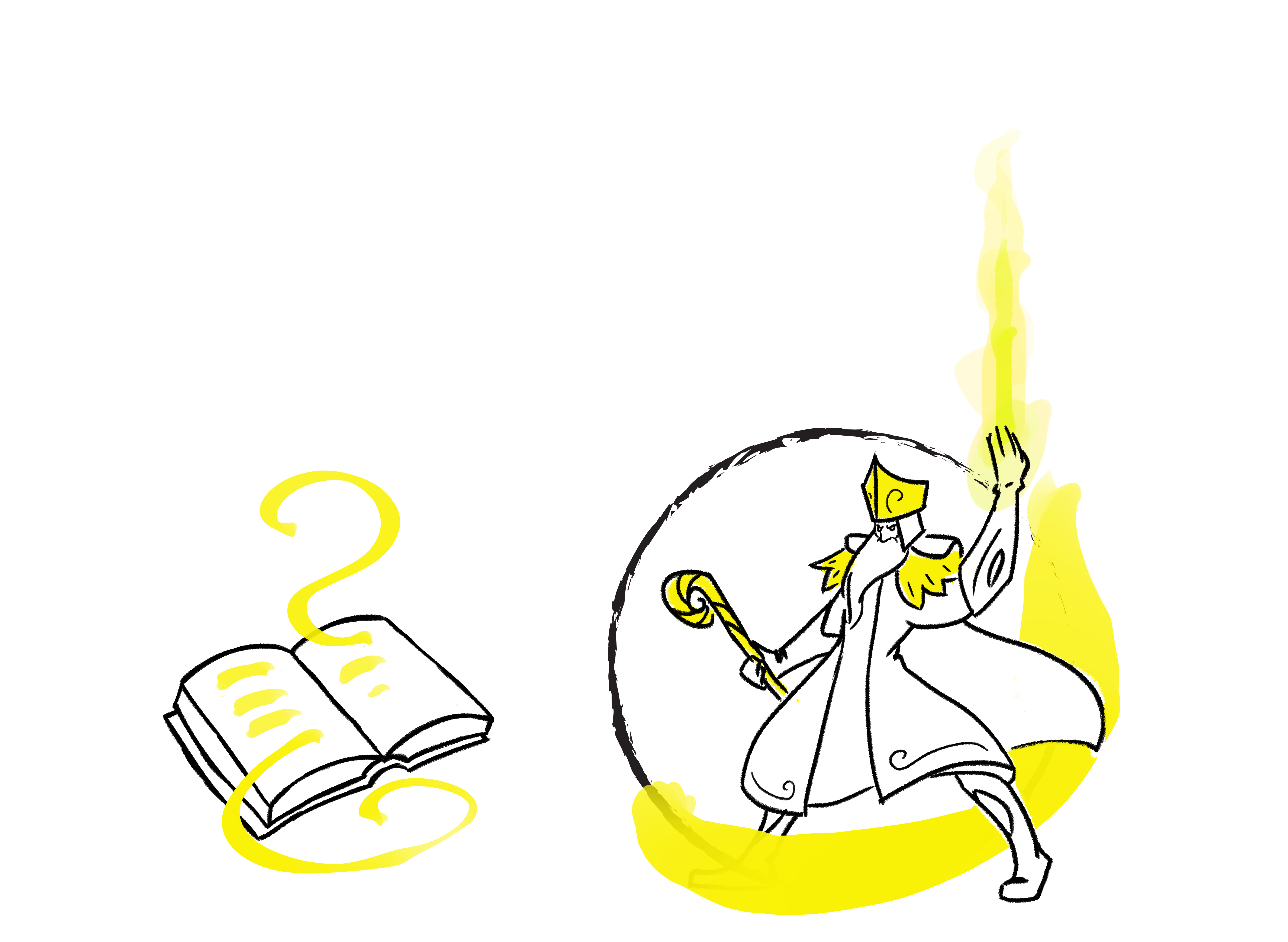
The priests tell the company who we are, what we exist for, what kind of people we need, and who is unwanted in any way.
The main focus of the priests is the mission.
The word “evangelist” was invented by the priests. When a priest justifies some providence, he or she uses words correctly or incorrectly because such a concept is in the organization's code. “Our organization is like this.”
For example, the phrase from Ridero: “We are always on the side of the author” is priestly. As a priest inside Ridero, I say: “We are like this, we have some values, and we will realize these values. If someone does not share these values, the bonfire is over there.”
The thing that I am doing to you now is quite a priestly exercise. I’m preaching here. I can even add a little emotional pressure, although it is already enough, the priests are usually charismatic and fans of their values. In this case, I am promoting the importance of mana to you.
Way of making decisions
It is a dispute with an appeal to common values. The priests argue disgustingly. If God forbid, you attack the priest’s value and commit blasphemy, prepare yourself to be gutted. There are also things that you simply cannot talk about with them. They are all about “someone on the Internet is wrong!”.
Management style
The spiritual leader. People follow the priest because they believe in the truth that he or she proclaims.
The priest is completely unprepared for criticism of values.
Their sins are simple — this is heresy. They are not ready to work in the same company as heretics, so their auto-balancing position is a troll. If such a person values the truth very much and constantly balances between their faith and facts, then they are not driven to extremes. You can explain something to them because their faith is based on the generalization of some reality. This is what I am trying to practice myself.
Warriors
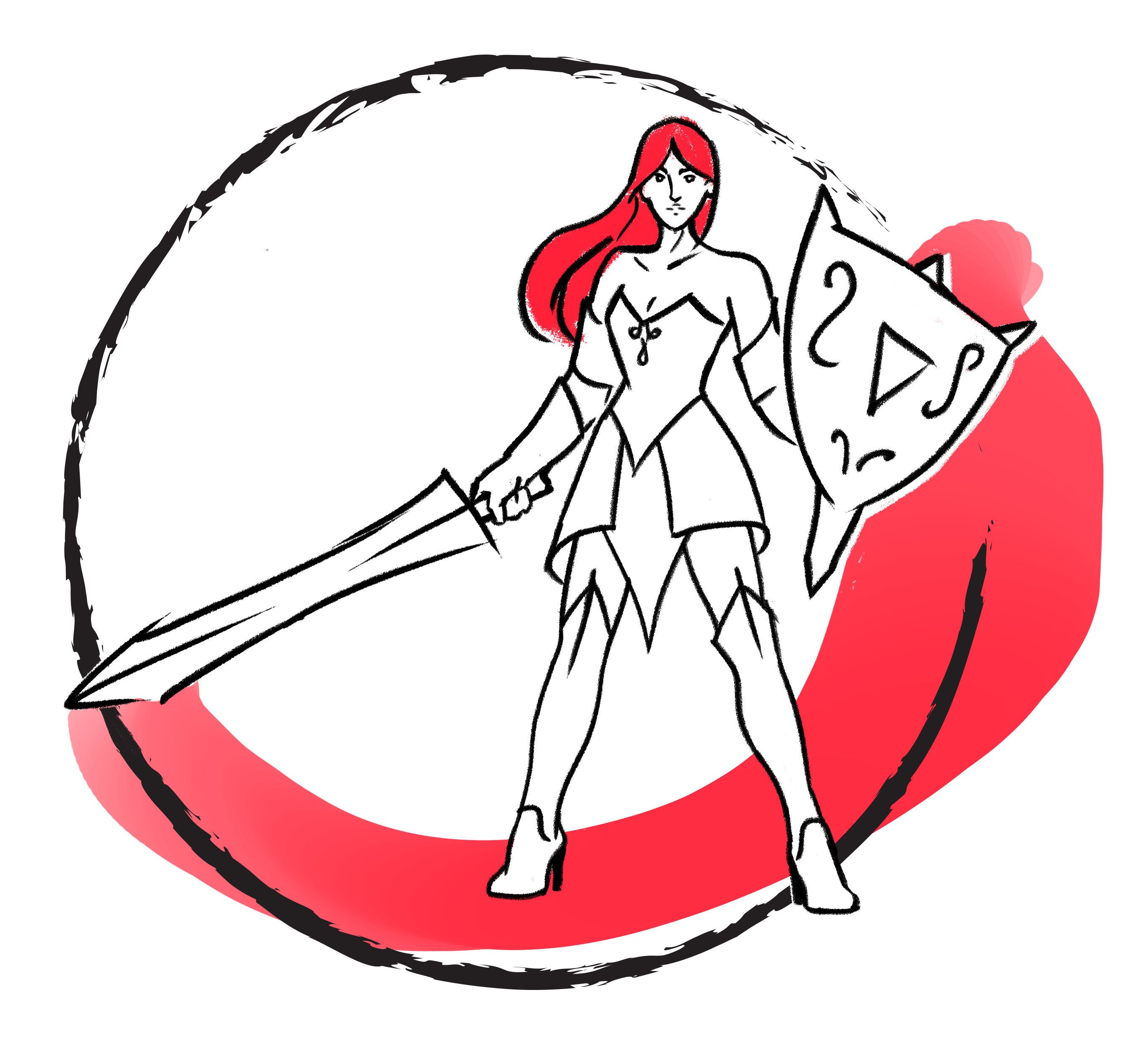
These mates are responsible for extending the outer contour. They are the ones who are not afraid to do the “Well, hello there! These are Kirby vacuum cleaners” stuff, because the fact that someone could hurt because of this line does not bother warriors.
A warrior is ready to endure pain when overcoming social contact, their own and that of others. And they are usually not males.
A typical warrior is a female commander — sharpened like a blade so that you can throw her from a helicopter on the enemies; there will be no survivors. Great team member.
The main word of a warrior is victory. The difference from the dwarf is that it is simply important for a warrior to knock frags (computer slang that means “how many enemies I have killed”). The warrior says, “I brought in three awesome deals today. To be honest, I don’t care what the margin will be there, whether it is interesting for magicians, and whether it will give us a profit. THREE DEALS. I’m a jackhammer.”
The warrior’s goals are phrased in terms of capture: we capture market share, we capture the world, and when we come to power, we will be the best.
The categories of the warrior are “mine” and “ours.” “This is our niche, we will be the leaders in it, and will do these things to achieve just that”. Whether we make money on it or not is another story; let the dwarves do the math. We’ll just be the best. We are at war.
Here we have a linear seller’s squad. They receive an order from their centurion and then go. They are taught to call, walk, endure pain, and rejoice in victories. This is a purely instrumental thing, so any cohort of active sales is built this way.
Warriors love victories, know how to get over the pain, and seize someone else’s belongings. They are quite tough negotiators, and, while negotiating, they are interested in something like the following: you need to win, you must claim victory, another result is a failure. And they are here to win.
Way of making decisions
The direct order.
Management style
The army. The presence of strict discipline: all subordinates have regulations; everything is done according to the charter.
Diagnostics: who are we?

How can you understand who is currently in what position? Look at how a person seeks to act and what they are not ready to give up.
Example 1
This is a typical story when young entrepreneurs started making a start-up — for example, engineers who have just graduated from the University of Cambridge. Here’s what happens:
1. Trolls suggest ideas.
2. Magicians grab onto ideas.
3. Elves try to mold something common.
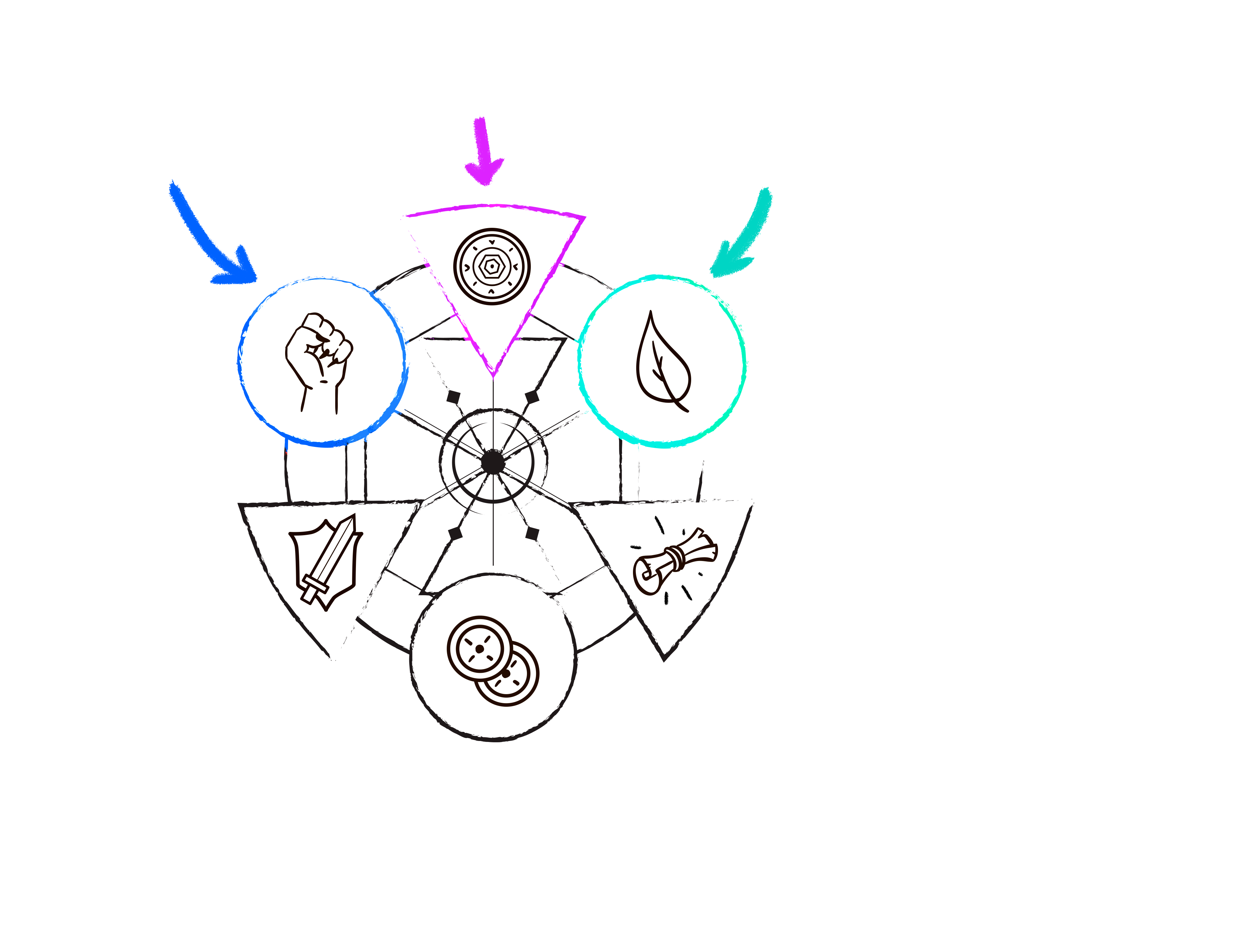
There are mates with ideas. “We’re all a great gang.” We have no money. It’s all very interesting. We are having a good time in our dorm…
What is the position of the leader in this place? It is obvious. The leader must balance the group by themself and bring something that the group is lacking: “Okay, everything is cool, but it would be great when we will do stuff using dwarvish logic.”
Example 2
This kind of situation often happens in large offices:
1. Magicians don’t understand why product sales are weak.
2. Warriors complain that the things that magicians perform are out of season and not needed.
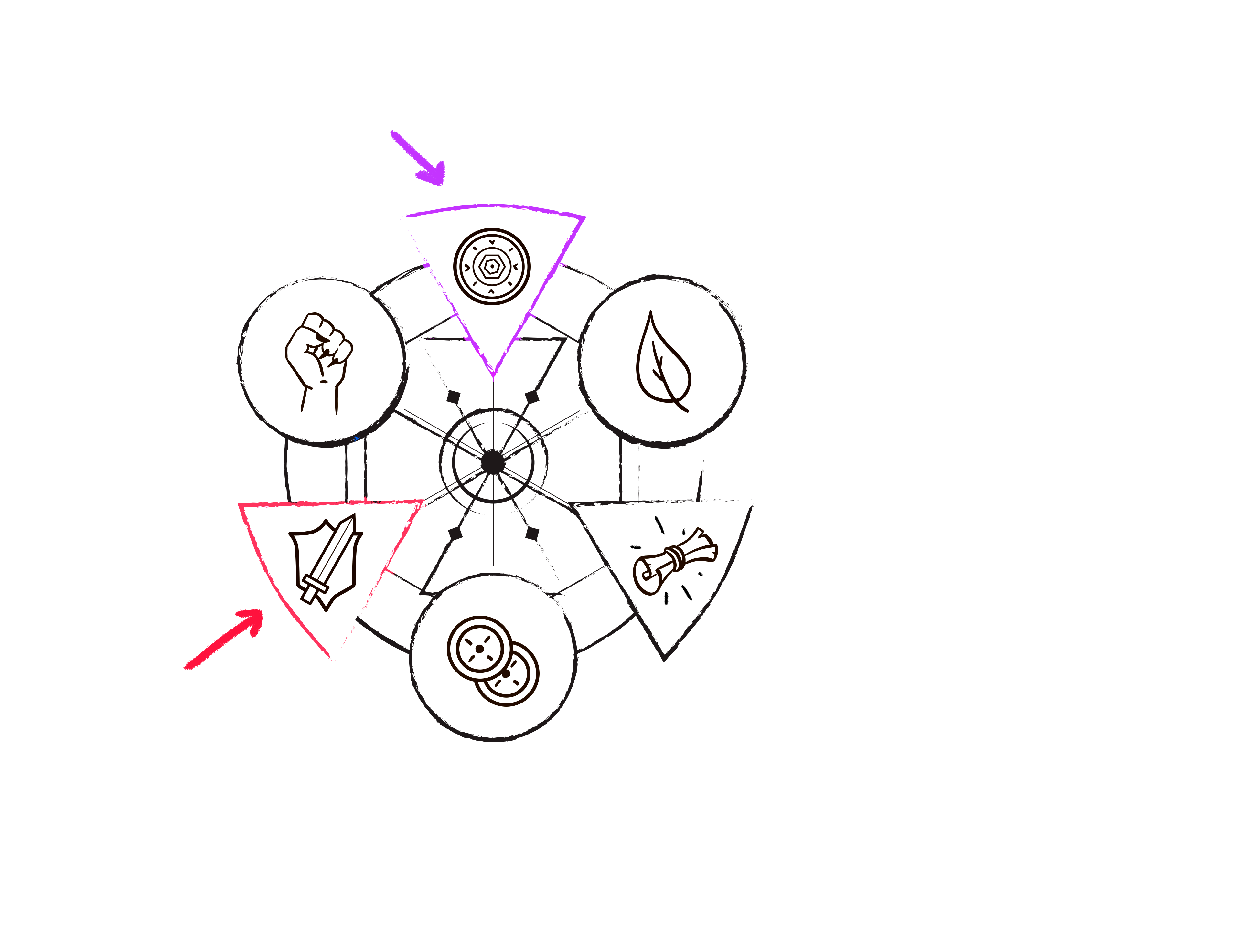
Magicians:
“We made an awesome product; it’s just that we don’t have sellers, but mugs.”
Warriors:
“Lord, the things they are doing, firstly, are full of bugs, secondly, are at the wrong time, and thirdly, where did they get the idea that this stuff is needed by anyone at all?”
This happens when the magicians are in charge. For example, in grocery companies, where magicians do something in the first place, and then they sell it.
If the situation is reversed, everything looks like this:
Magicians are whining that they are not allowed to do anything exciting.
2. Warriors don’t understand why magicians don’t march in formation.
This is the same conflict, but when the company is running a sales-driving business.
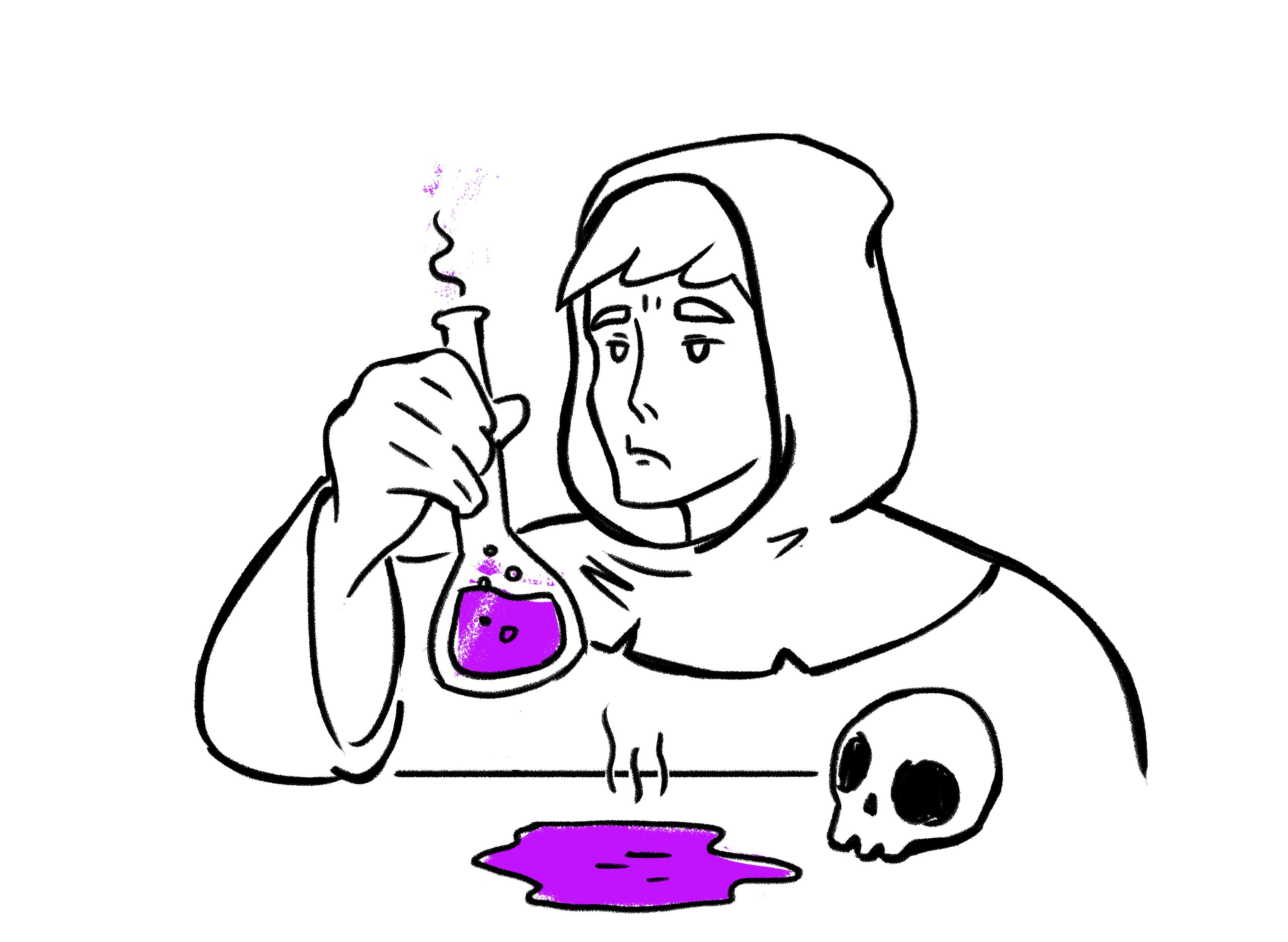
Magicians:
“God, what kind of rubbish do we have to do, it’s not interesting at all. Nobody uses such a stack for a long time now. This is such an ordinary thing that everyone does. Nowadays, we need to do something completely different.”
Warriors:
“Why are they showing off? This is their job. They were told that such a product would be on sale, let them go and make such a product.”
You probably already guessed that the priest should solve this problem.
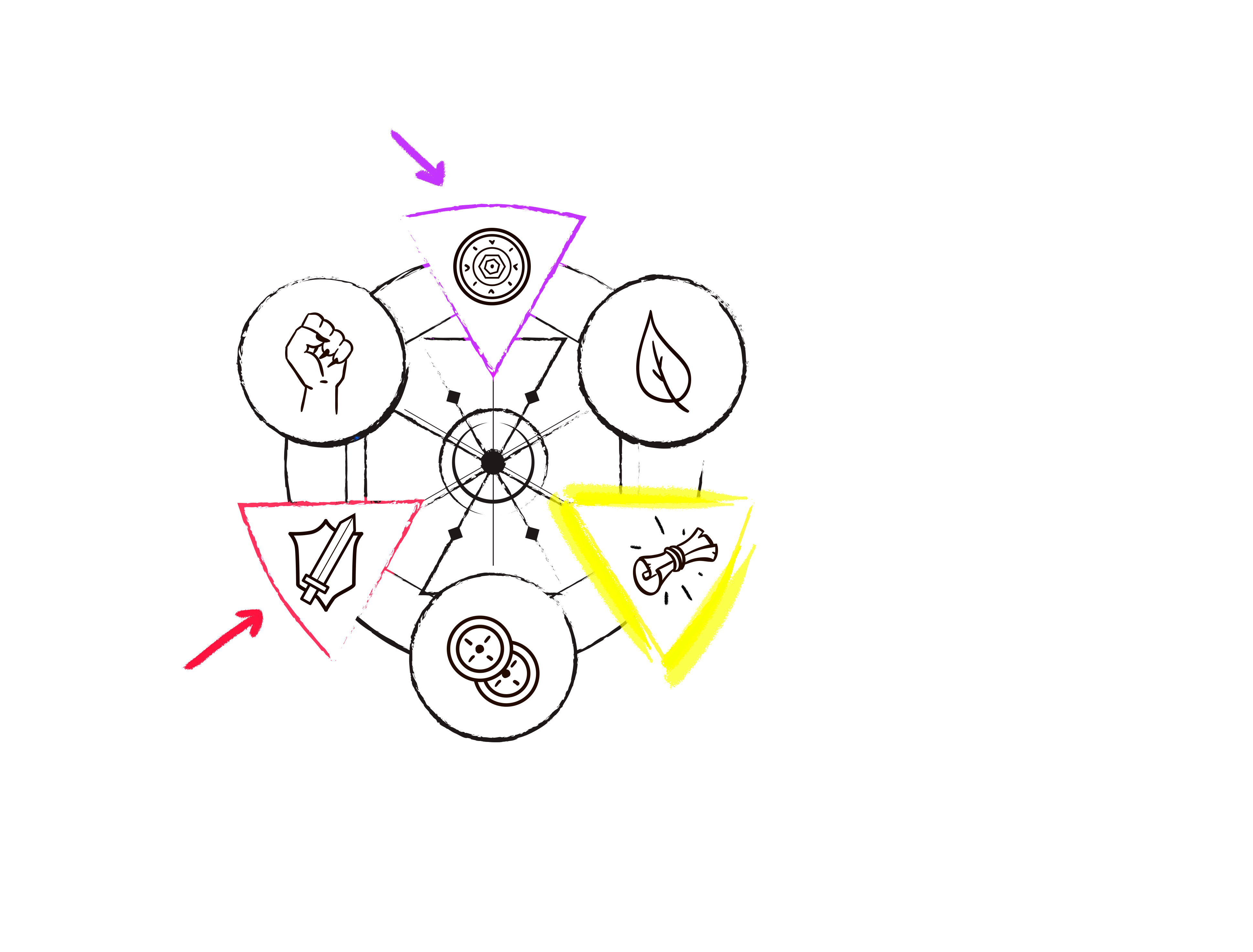
Both should be told: “Look, this is our mission. This is what we do together. This is the value we deliver together. This is how our conflict is resolved. That’s why we need each other. This is who we are.”
How is the company developing?
The cycle is usually like this. Magician trolls suddenly discover something new: “Brilliant, we have made an invention. We discovered the truth. Maybe we have found something inside the company; our large corporation was not ready to open its eyes to some inefficiency, and we settled this situation.”
After that, the warriors immediately go to trade it: “Oh, this is innovation. Now I will sell it to someone.” If something works out, then the dwarves begin to accumulate resources. This is a transition from custom development and first sales to product logic — from the logic of “we made a feature” — to the logic of “we will make a flow.” An innovation was found, the leading value of the invention and the first victories appeared, allowing the accumulation of resources.
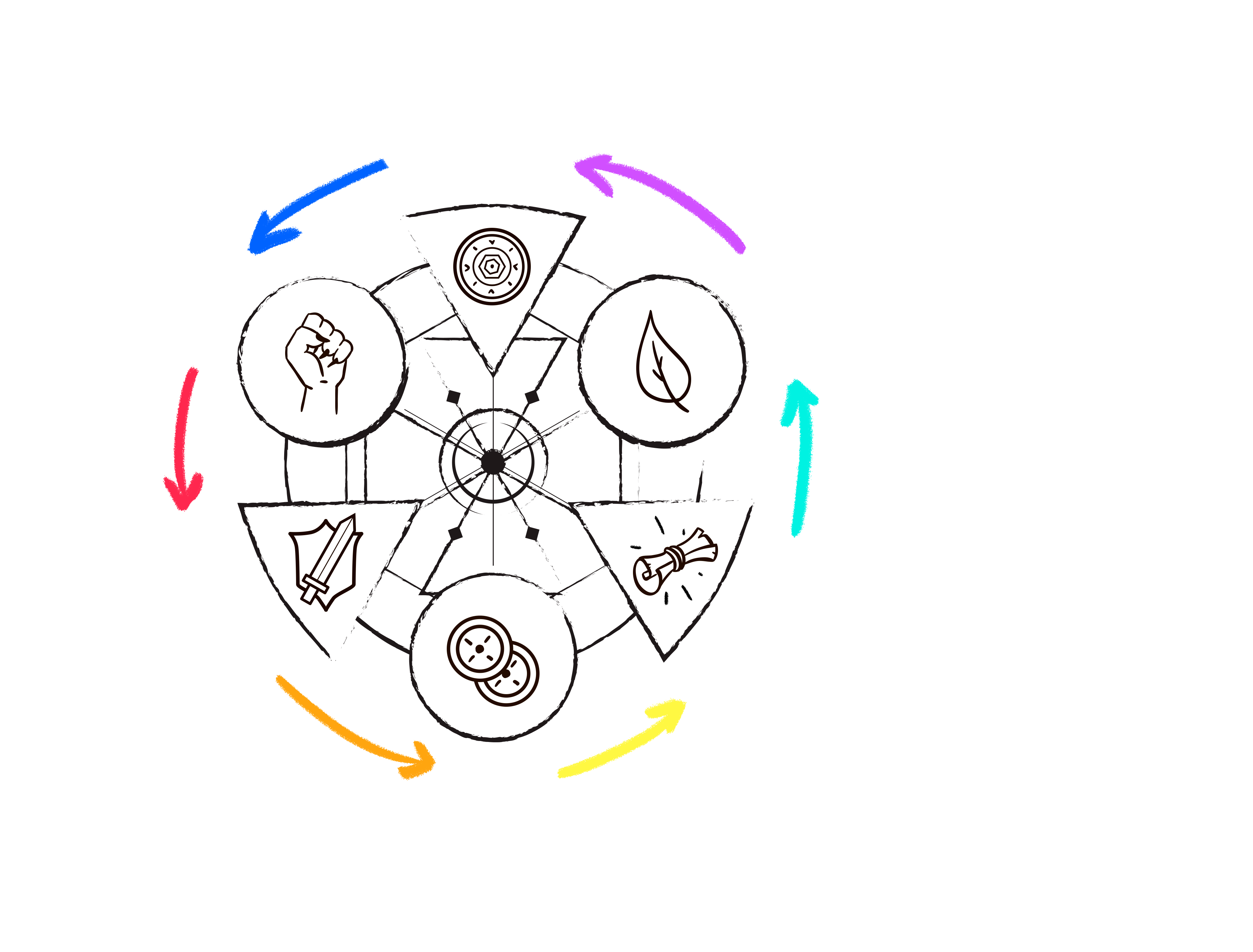
Business acceleration boils down to the fact that you are taught to go through this cycle not in years, but months. After that, if you did everything right, you will very quickly grow up from a small cohesive team to a company, so hefty that you will have a conflict between magicians and dwarves.
And here you are getting back to the same question: who are you, and why are you doing all this? You are no longer a small raid that can be rallied around personal feelings. You need to understand what your mission is, what you do, what you don’t do, what gives you energy. And at this moment, the leader becomes a priest.
If everything goes well, and if the resource is still accumulating, then you find yourself in a situation of “one big family.” Everything is brilliant. You have created an elephants’ graveyard.
Then you need to go to the next circle, but there is one little problem at this point. It is like this:
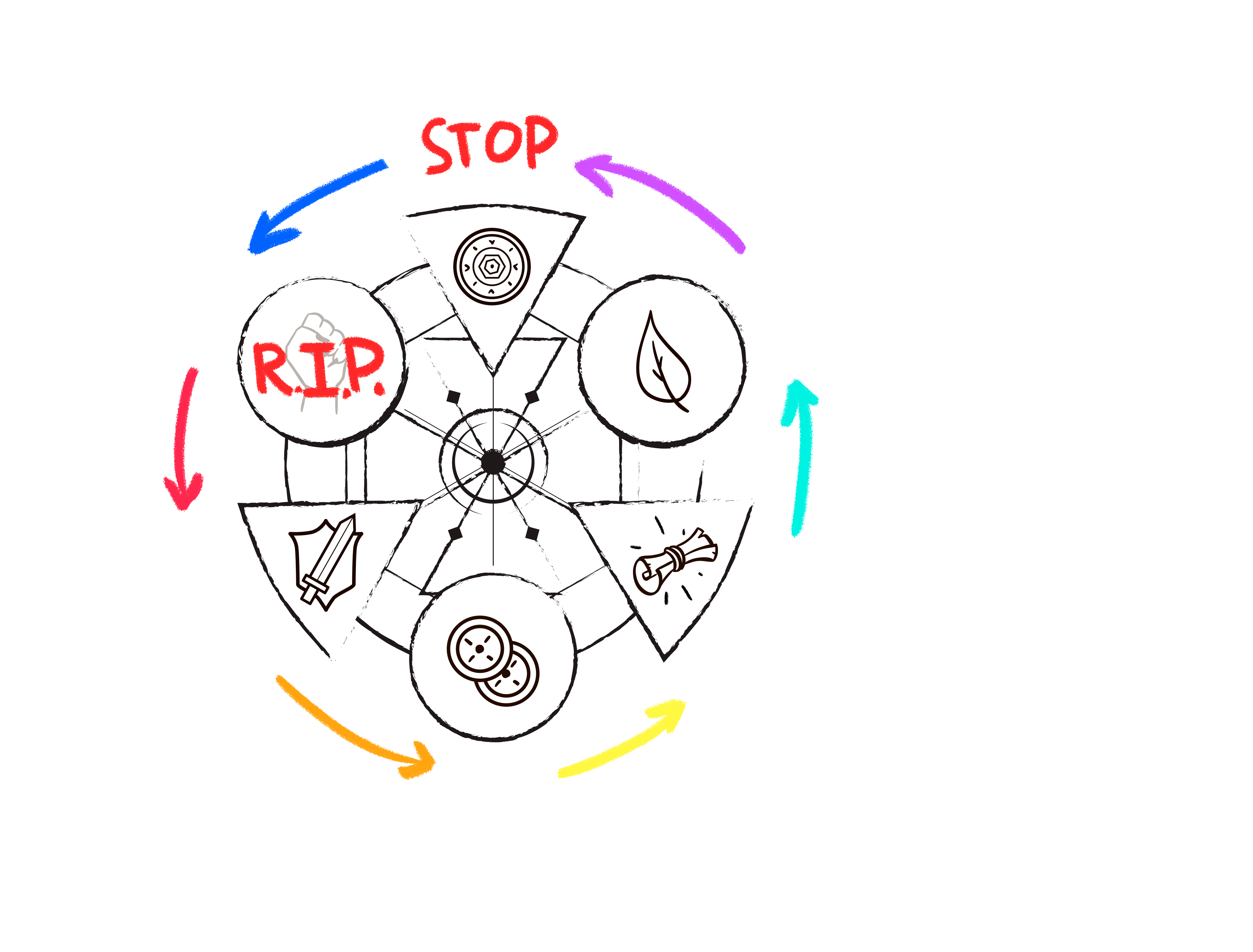
At this moment, the elves and dwarves had long and successfully whacked the trolls, because the trolls said all sorts of inconvenient things: “We are, of course, one big family, but let’s look at the facts. Alex is doing nothing.” Or: “We, of course, accumulate a lot of resources, but let us admit to ourselves on what exactly, where they flow, and what is our main driver”.
Trolls say this to whoever doesn’t need it, and when they don’t need it. By the time we are all a big family, it is completely dated and forbidden for the management to say unpleasant things out loud. Neither about how the team is organized nor how the business is arranged, nor why the company will not go to the next round.
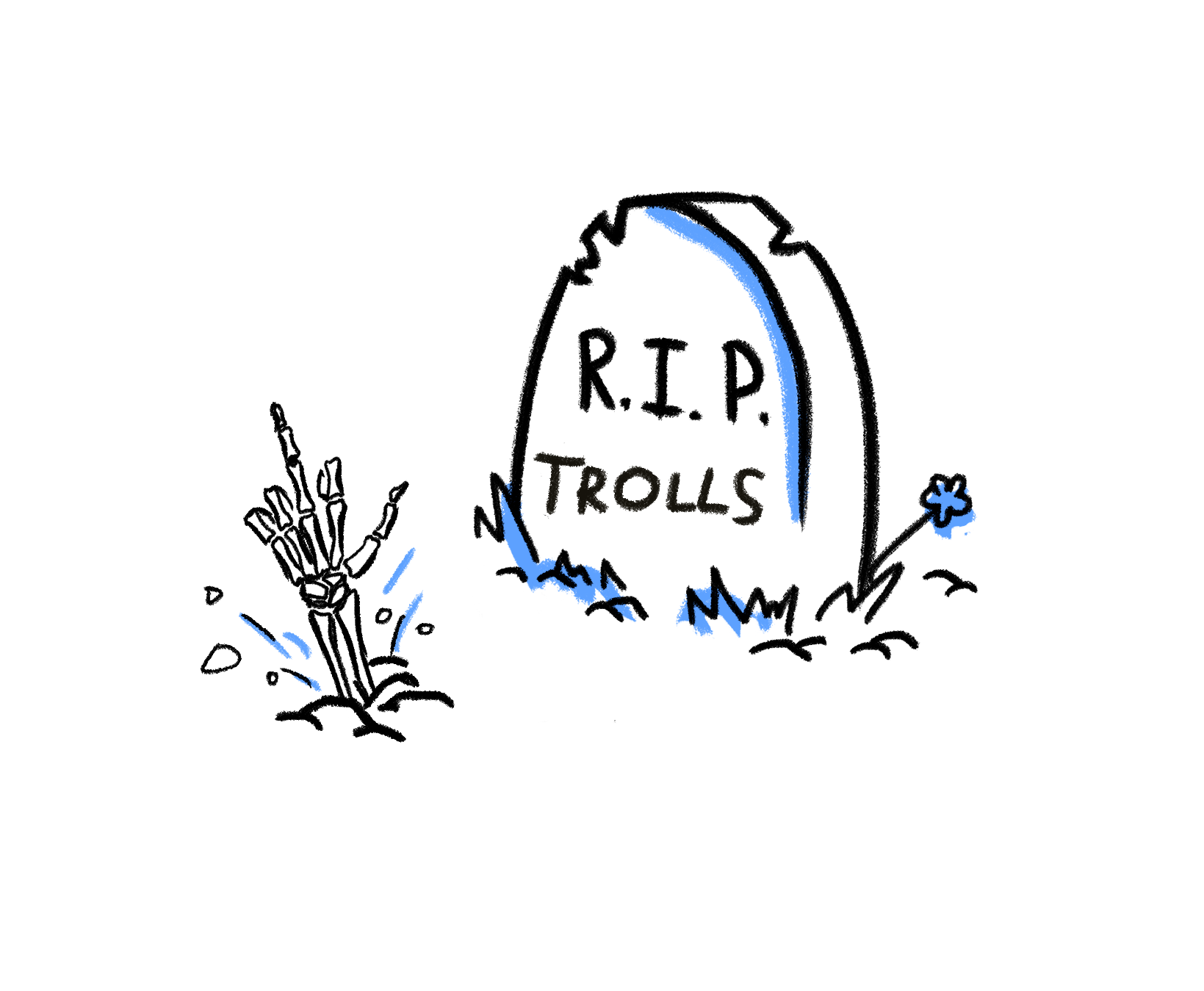
A significant number of large corporations die at this point. The company does not perform the restart. Google is great due to its several restarts. Some offices live off the evolution of the leader, and he or she becomes a troll. After that, everyone is hurt, because he or she does not spare anyone, and the company is shaking at this time. But the moment you need to go further, you just need to raise the ethics of truth.
The group’s position is the sum of the ethics that the group shares + the mana that the group likes + the positions that the leader holds.
There are leading activities, and there are ethics — they need to be balanced. And when a leader needs to do this, he or she changes their leading activity, for example, he or she was engaged in sales, and now he or she went to HR; or recruited personnel, and now went back to the magicians-trolls to make an invention.
Add-on to this system
There is an additional superstructure to the hexagrammaton in slightly different terms. It has three roles. Anyone who plays PC games knows how a typical raid is built-in to World of Warcraft or any other multiplayer game.
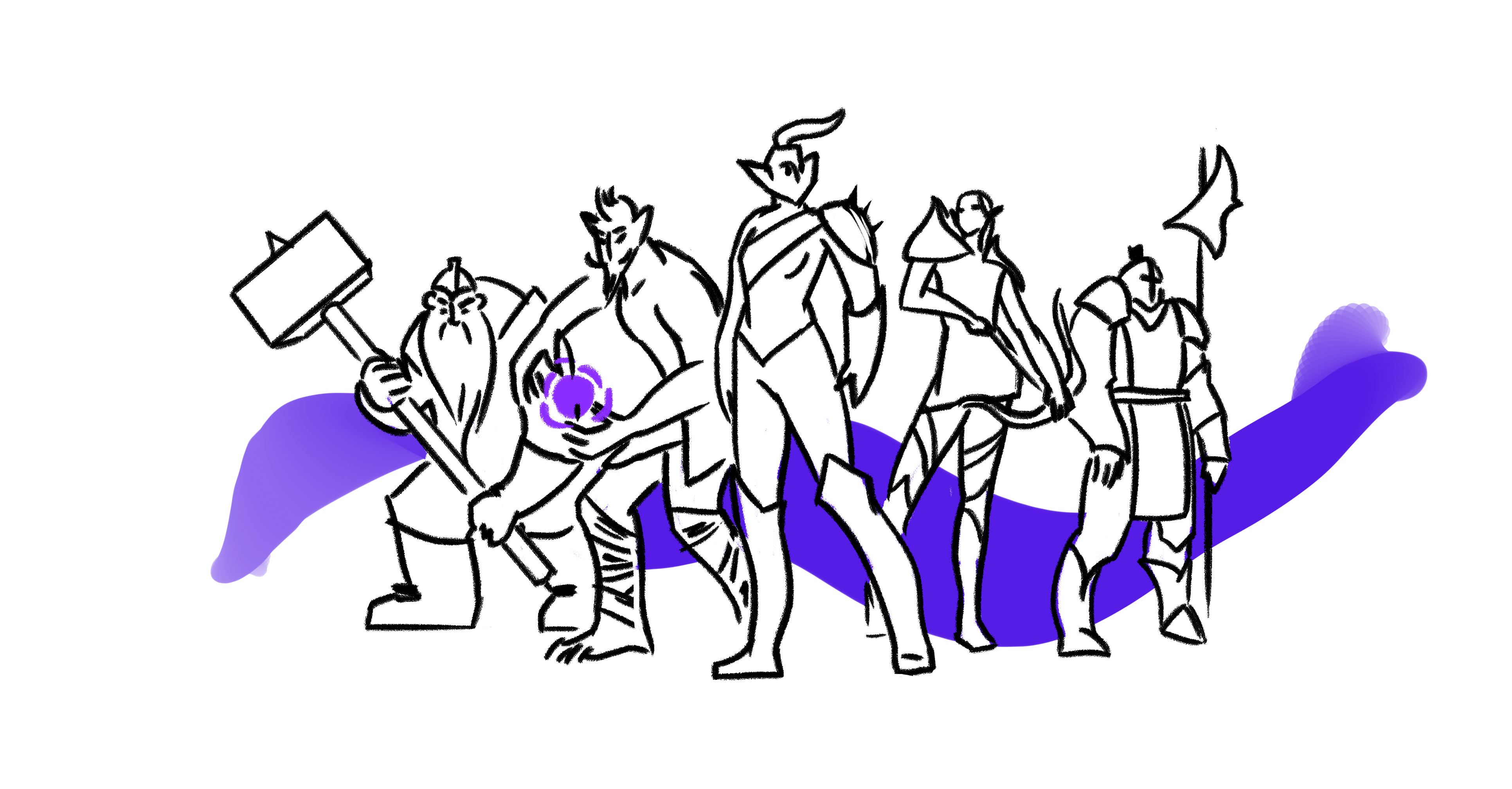
The Tank
It is a unit whose task is to prevent missiles from reaching the group. “If trouble happens, if you need to beat someone, beat me. I am strong, and I will not fall. All bruises are mine.” Usually, it is good to make a raid leader out of them because then the trouble either does not happen or will hit them.
DD (damage dealer)
It is a unit whose effectiveness is measured in terms of damage per second, that is, the more damage he or she has done, the better they are. Why is DD good both in a PC game and in real life? He or she has the fastest progress; he or she learns the most rapidly.
The scheme is simple: you, the DD, learn hard skills, and if you’re not daft and get feedback, you learn quickly. Also, you know that you are needed here to be useful per unit of time.
These are two clear concepts. DD stands behind the Tank and strikes, and the Tank protects them from return volleys. But usually, in Russian business, everything is not built like that.
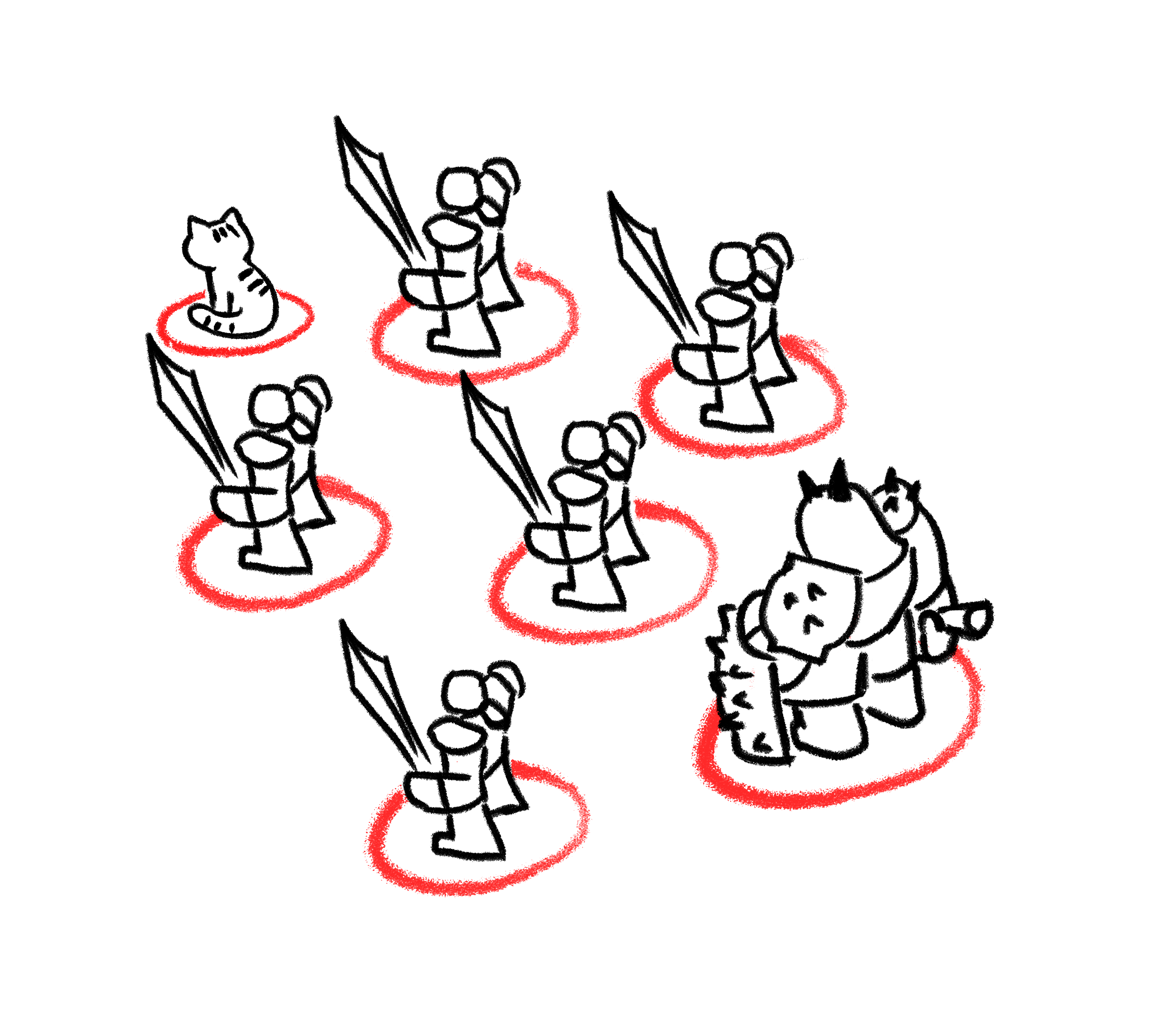
Usually, the Russian leader thinks that the performers should get in trouble, so a crowd of people stands in front of the manager. If trouble has already happened, then it’s trouble for the performers. After all, the manager isn’t the one to do the report. (It’s often not the case in the IT industry; IT is a cooler thing.) And who the Healer is in business, we don’t know. Usually, a business does not even have a word for this, at least in Russian.
The Healer
This unit deals with a very specific task in World of Warcraft. Their job is to make sure that the Tank does not fall. They know that one day, the mate who gets in all the trouble will stupidly run out of strength — because no matter how thick their armor is, it could be pierced, and then they will go cry in their room. This is especially true if the role of Tank is a woman. The women are ace Tanks, but they are fragile, so they break.
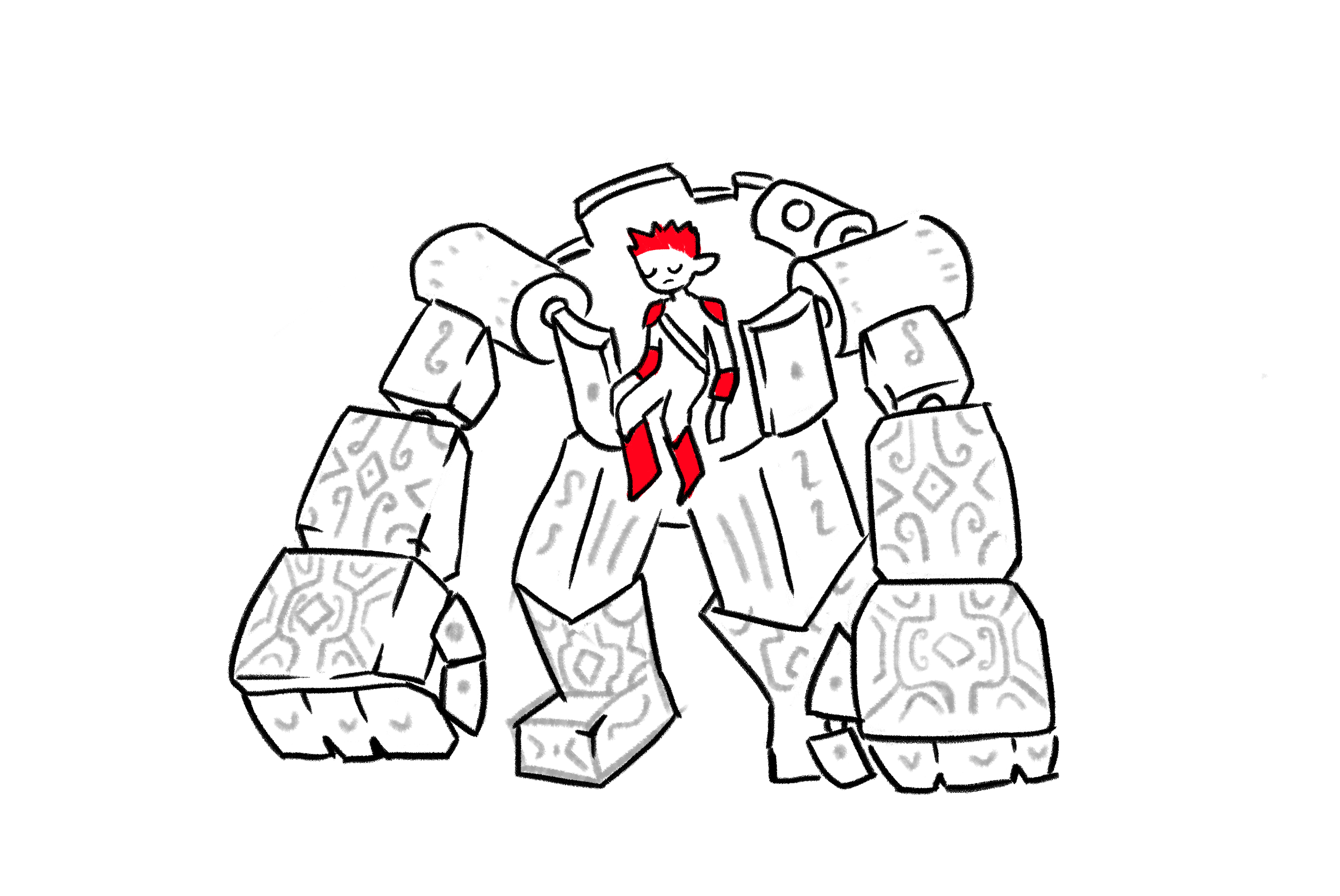
Therefore, in the raid, there must be someone who will make the Tank see the meaning of his or her work so that he or she has someone to come to and be raised from the dead. This is, in my opinion, an understandable position of the leader.
This is my way of building raids. I’m building a raid from Healer. But very often, both in games and in life, it looks like this: three DDs are looking for a Tank and a Healer, because there are a lot of DD mates, since hard skills are quick to be adopted, and Tanks are also found from time to time. But the Healers are wickedly rare.
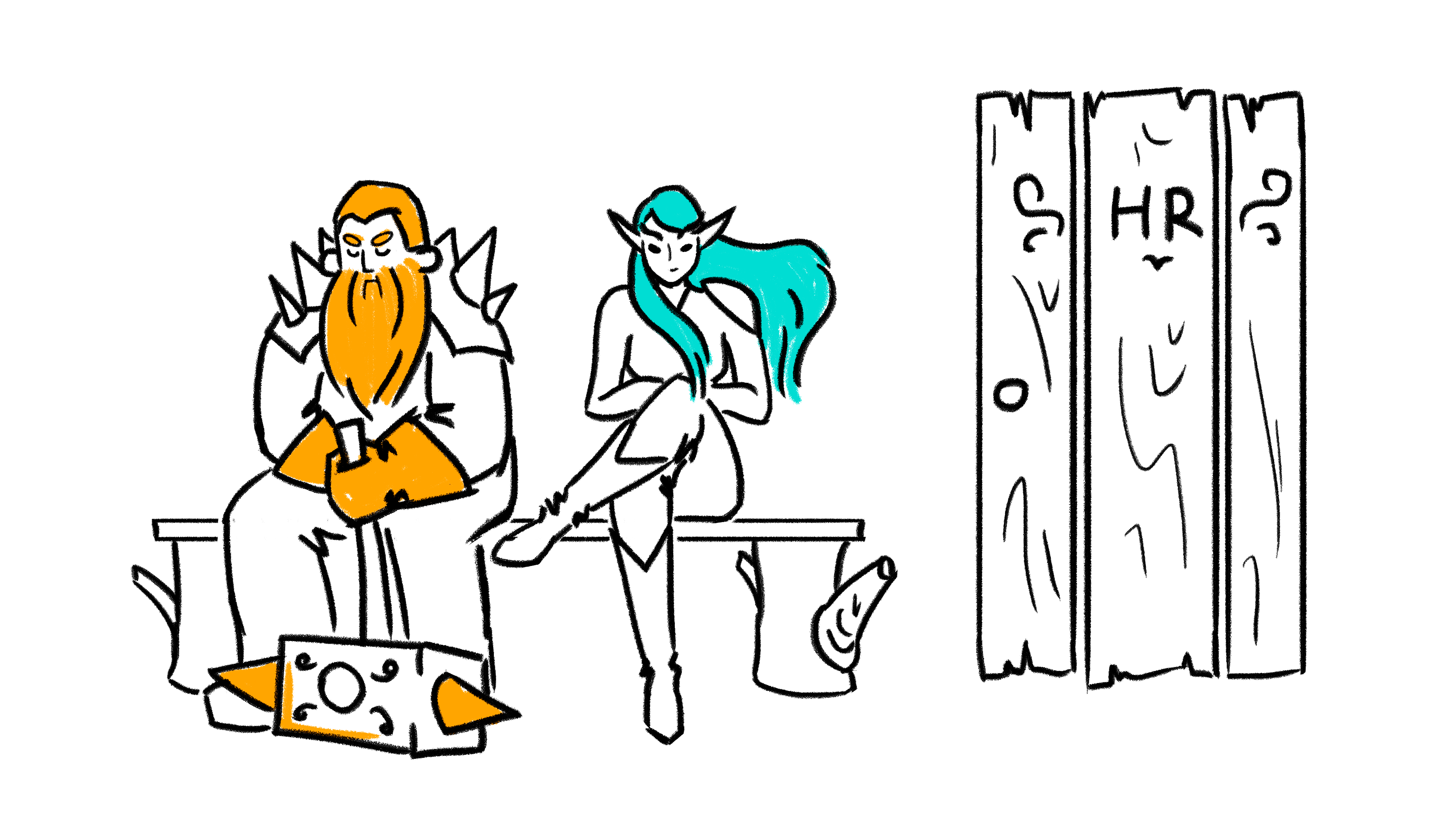
In my opinion, the effective configuration of the raid is as follows: one Healer heals several Tanks, and there are DD groups behind the Tanks.
How does this overlap with the first story? It is like this:
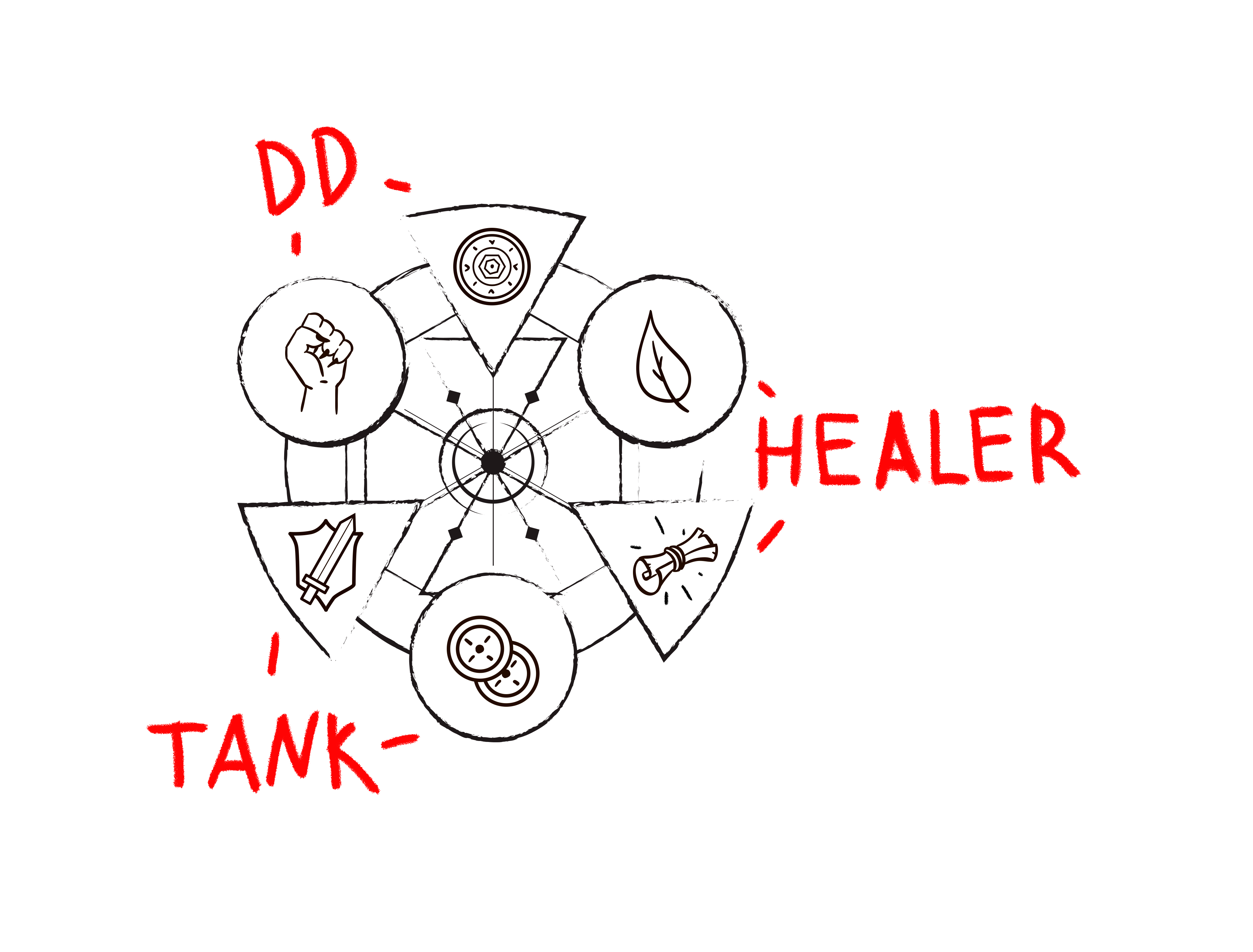
Excellent DDs are Trolls-Magicians
They are curious. You tell them what to do — they are doing it. There is a lot of engineering work here. Also, great DDs are dwarf warriors, for example, raid vendors. In real life, in JetStyle DDs are developers: designers, front-end developers, backend developers, etc.
Best Tanks — Dwarf-Warriors
They need a victory. They understand the military metaphor very well because they understand that their task is to protect. In JetStyle, these are project managers.
Healers are Elves-Priests
In my opinion, this is the role of intelligent HR. How does an average Healer behave in an average raid? First, he or she heals the Tank, and then, if time remains, heals the rest. Because if the Tank dies, the raid dies. In my opinion, it is an acceptable way of doing business. In JetStyle, executives take on the role of Healer.
Conclusion
A person evolves in the course of work in a team, and his or her role maychange, but the role of a leader should change. Suppose your company has grown and now has a different leading business and different leading ethics. In that case, you need a leader in a different position: either change positions yourself or hire a different leader.
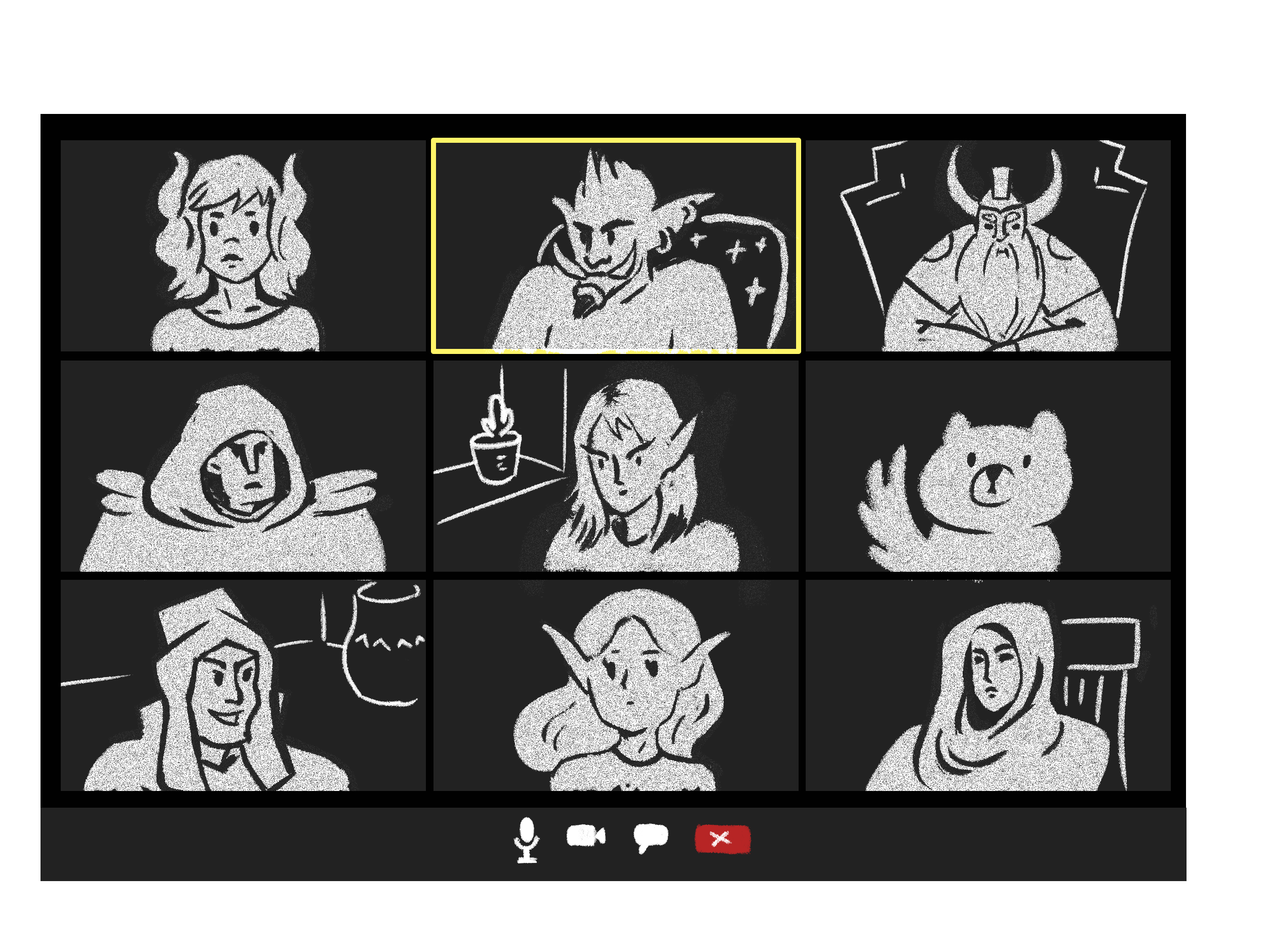
Did you like the article?
Share it on Facebook, write comments — we’ll discuss it!
You might also like

